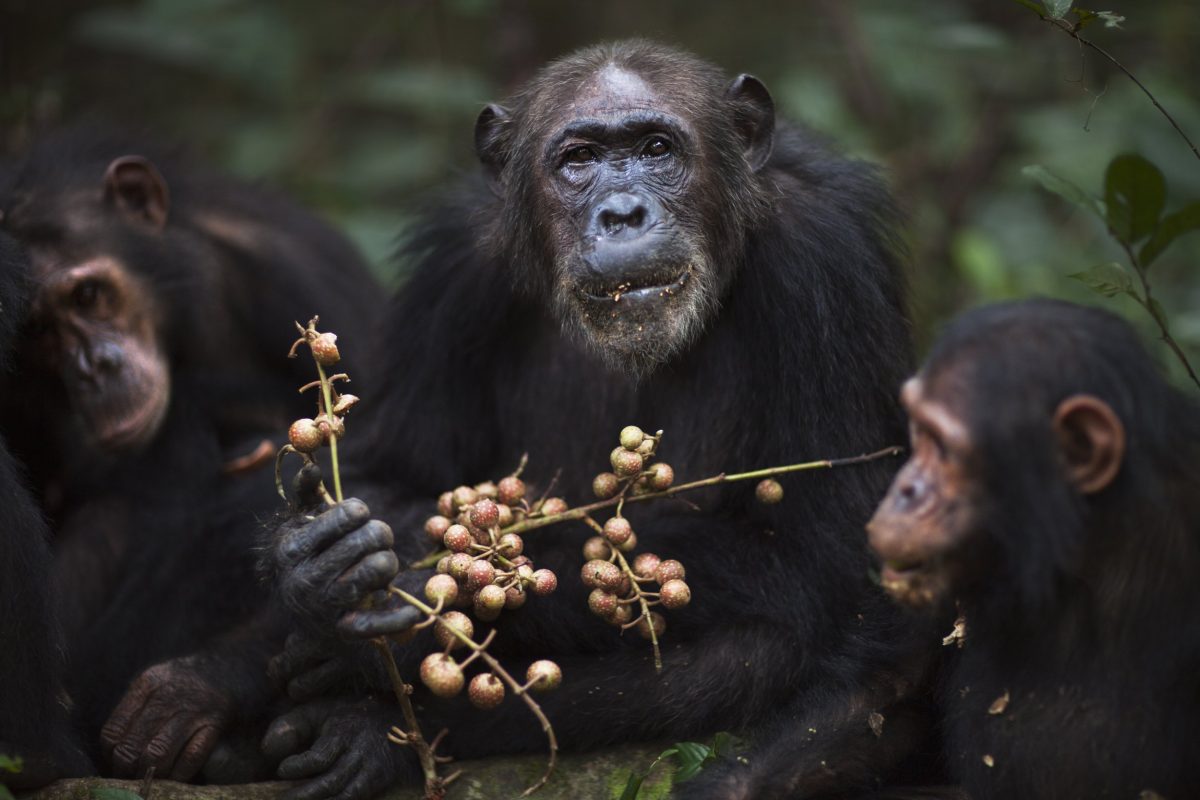Science
New Research Explores Humanity’s Ancient Bond with Alcohol

Research has provided new insights into humanity’s longstanding relationship with alcohol, suggesting that our attraction to it may stem from evolutionary adaptations. The study, which builds on the “drunken monkey” theory proposed by Professor Robert Dudley from UC Berkeley, indicates that our primate ancestors developed a preference for the smell and taste of alcohol found in fermenting fruits millions of years ago.
The theory, initially articulated in Dudley’s 2014 book, posits that the availability of alcohol in nature played a significant role in shaping human preferences. This connection to alcohol is not as unnatural as it may seem, as fermented fruits have been a part of the environment for over 100 million years. Plants evolved to encase their seeds in sweet, nutritious fruits to entice animals for seed dispersal, with sugar being the primary attraction.
In environments like hot and humid rainforests, ripe fruits can produce an “ethanol plume.” This phenomenon can act as a guide for animals, including primates, as they navigate through dense vegetation. Aleksey Maro, a primatologist and collaborator with Dudley, explains, “When you’re making your way through a sea of green to find the few globs of calories hanging in the trees, even a small advantage can be very major.”
Evidence from Wild Primates
The idea that primates might possess an affinity for alcohol has faced skepticism in the scientific community. Historically, it was believed that most primates did not consume overripe fruit, which is necessary for fermentation. Nevertheless, increasing documentation reveals that wild monkeys and apes have been observed consuming fermenting fruit.
Dr. Kimberley Hockings, a chimpanzee expert at the University of Exeter, notes that her research has shown wild chimpanzees eating fermenting breadfruit and sharing it among themselves. To further investigate this behavior, Maro’s recent study assessed the alcohol content in the daily diets of wild chimpanzees in Uganda and the Ivory Coast.
The findings revealed that these chimps consume an average of 14 grams of ethanol daily, which is roughly equivalent to two glasses of wine for a human. This research, published in the journal Science Advances, does not imply that the chimps were becoming intoxicated. Instead, it suggests that alcohol consumption is routinely incorporated into their diets.
The Evolutionary Perspective
Chimpanzees, like humans, can metabolize alcohol as an energy source. Recent discoveries indicate that an enzyme responsible for breaking down alcohol evolved to be more efficient in our primate ancestors around 10 million years ago. At this time, our ancestors were transitioning from life in trees to spending more time on the forest floor, which likely increased their exposure to overripe, fermenting fruits.
This evolutionary backdrop sheds light on why many modern humans enjoy alcohol, despite the potential negative consequences. Evidence suggests that people have intentionally fermented fruits and grains to create alcoholic beverages since the dawn of agriculture, approximately 10,000 years ago.
While our historical connection to alcohol may explain its appeal, it does not justify excessive consumption. Maro highlights the disparity between modern alcohol consumption and that of wild animals, stating, “We have these liquid, highly concentrated dosages that we are able to consume in a very short period of time. That’s completely unnatural for wild animals. Maybe that’s why humans today have so much trouble with alcohol.”
The relationship with alcohol may also tap into a deeper aspect of human nature. Dr. Lorenzo Stafford, a psychologist at the University of Portsmouth, points out that throughout history, nearly every civilization has engaged with mind-altering substances, from alcohol to cannabis. “The urge to alter our consciousness is part of the human condition,” he asserts.
As research continues to unravel the complexities of human behavior and our relationship with substances like alcohol, it becomes increasingly clear that our past influences our present choices. Understanding this bond could lead to more informed discussions about alcohol consumption and its implications for health and society.
-

 Entertainment3 months ago
Entertainment3 months agoAnn Ming Reflects on ITV’s ‘I Fought the Law’ Drama
-

 Entertainment4 months ago
Entertainment4 months agoKate Garraway Sells £2 Million Home Amid Financial Struggles
-

 Health3 months ago
Health3 months agoKatie Price Faces New Health Concerns After Cancer Symptoms Resurface
-

 Entertainment3 months ago
Entertainment3 months agoCoronation Street’s Carl Webster Faces Trouble with New Affairs
-

 Entertainment3 months ago
Entertainment3 months agoWhere is Tinder Swindler Simon Leviev? Latest Updates Revealed
-

 Entertainment4 months ago
Entertainment4 months agoMarkiplier Addresses AI Controversy During Livestream Response
-

 Science1 month ago
Science1 month agoBrian Cox Addresses Claims of Alien Probe in 3I/ATLAS Discovery
-

 Entertainment4 months ago
Entertainment4 months agoKim Cattrall Posts Cryptic Message After HBO’s Sequel Cancellation
-

 Entertainment2 months ago
Entertainment2 months agoOlivia Attwood Opens Up About Fallout with Former Best Friend
-

 Entertainment3 months ago
Entertainment3 months agoMasterChef Faces Turmoil as Tom Kerridge Withdraws from Hosting Role
-

 Entertainment4 months ago
Entertainment4 months agoSpeculation Surrounds Home and Away as Cast Departures Mount
-

 World3 months ago
World3 months agoCole Palmer’s Mysterious Message to Kobbie Mainoo Sparks Speculation











